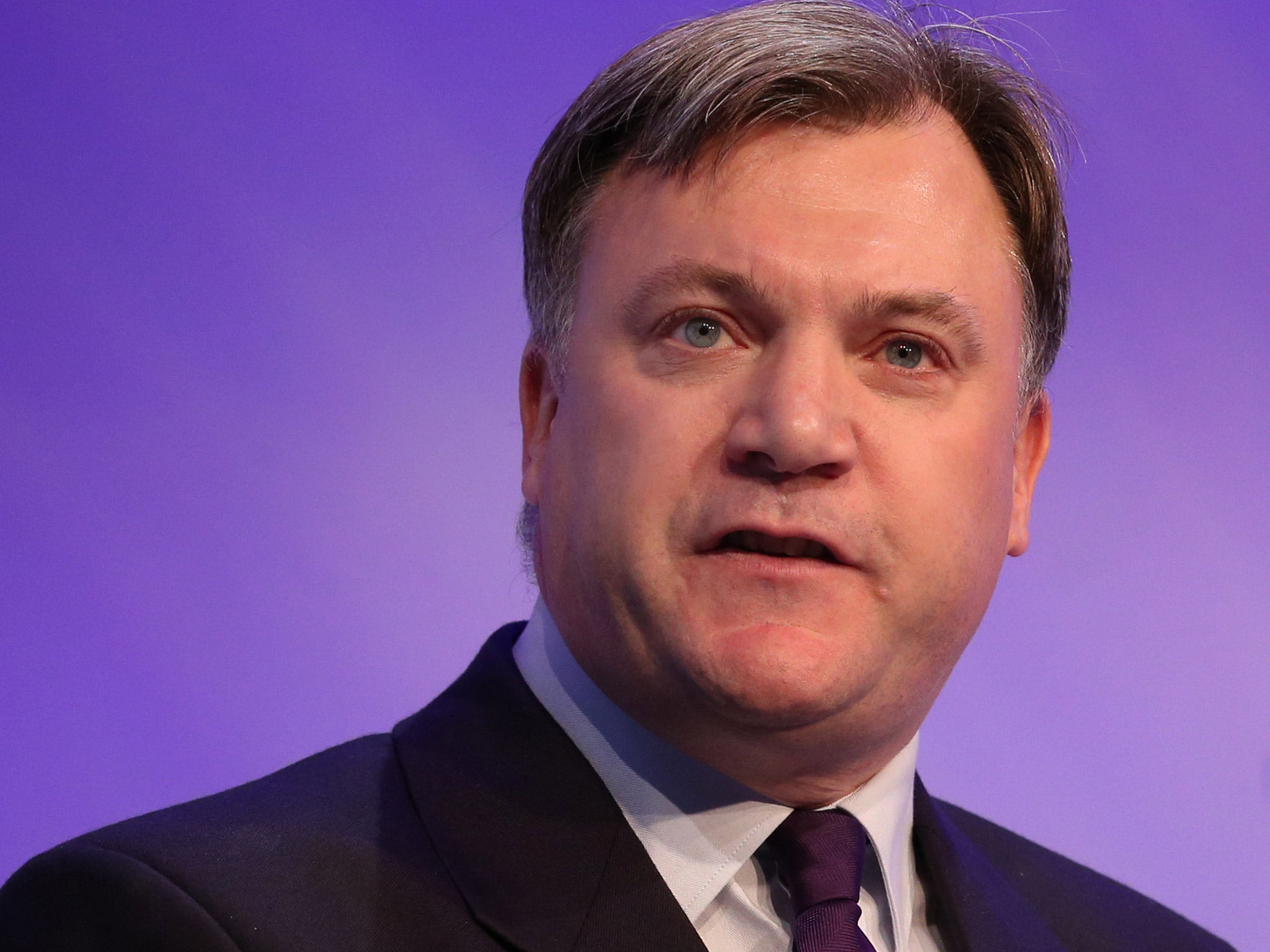George Osborne accused of lying to Parliament on his 'hard line' against corporate tax avoiders
The Chancellor told MPs that HMRC was “collecting twice as much [tax] as before”

George Osborne is facing calls to apologise in Parliament after the official statistics body ruled he used “inappropriate” figures to trumpet the Government’s success in cracking down on tax avoidance in the last Budget.
The Chancellor told MPs in March that HM Revenue and Customs was “collecting twice as much [tax] as before” through new measures to target super-rich individuals and multinational companies, who employ expensive accountants and lawyers to shelter their vast wealth in overseas tax havens.
However, inquiries by The Independent and Private Eye established that Mr Osborne was not referring to physical money already banked by the State, and was only outlining a target of tax collected for this Parliament – one that was based on a completely different measurement from the previous five-year election cycle.
The case was referred to Sir Andrew Dilnot, head of the UK Statistics Authority, who has now concluded that direct comparisons between the figures was “inappropriate”.
However, he laid the blame at the door of HMRC, which he said had admitted its “briefing to Ministers was based on its assessment at the time, and that some of the public announcements made about performance improvements were therefore incorrect”.
Shadow Chancellor Ed Balls told The Independent: “Now that it has been officially confirmed that the Chancellor used incorrect figures in his Budget speech, he should apologise and correct the record. While the amount of uncollected tax actually rose last year, the Chancellor was using smoke and mirrors to hide his own failure.”
Will Moy, director of independent factchecking organisation Full Fact – which made the initial referral to Sir Andrew Dilnot – said: “This intervention shows how badly we need independent official statistics on tax avoidance.”

The row centres on an accounting change by HMRC in 2010, the year Mr Osborne became Chancellor. Since the amendment, the national tax agency has significantly boosted its balance sheet by adding in “revenue protected” figures - a prediction of extra future tax paid by those who get caught and, HMRC assumes, will mend their ways.
The accounting change allowed HMRC to hand the Chancellor internal estimates for “compliance yield” of £100 billion collected over this Parliament, against just £52 billion in the five years before the last election.
This allowed Mr Osborne to tell MPs in the Budget that the Government had collected “twice as much [tax] as before through compliance”.
The news will add to concerns that the Government and HMRC are publicly claiming to clamp down on tax avoidance, while in private pursuing quite the opposite.
The Independent previously reported how Andrea Leadsom, the new City Minister, used controversial trusts to reduce her potential tax bill and took advantage of offshore banking arrangements for her buy-to-let property company.
A HMRC spokesperson said: “We’ve discovered and corrected the overstated growth in compliance revenues for the last two years and we have made this clear in our annual report published in July 2014.”
Join our commenting forum
Join thought-provoking conversations, follow other Independent readers and see their replies
Comments
Bookmark popover
Removed from bookmarks